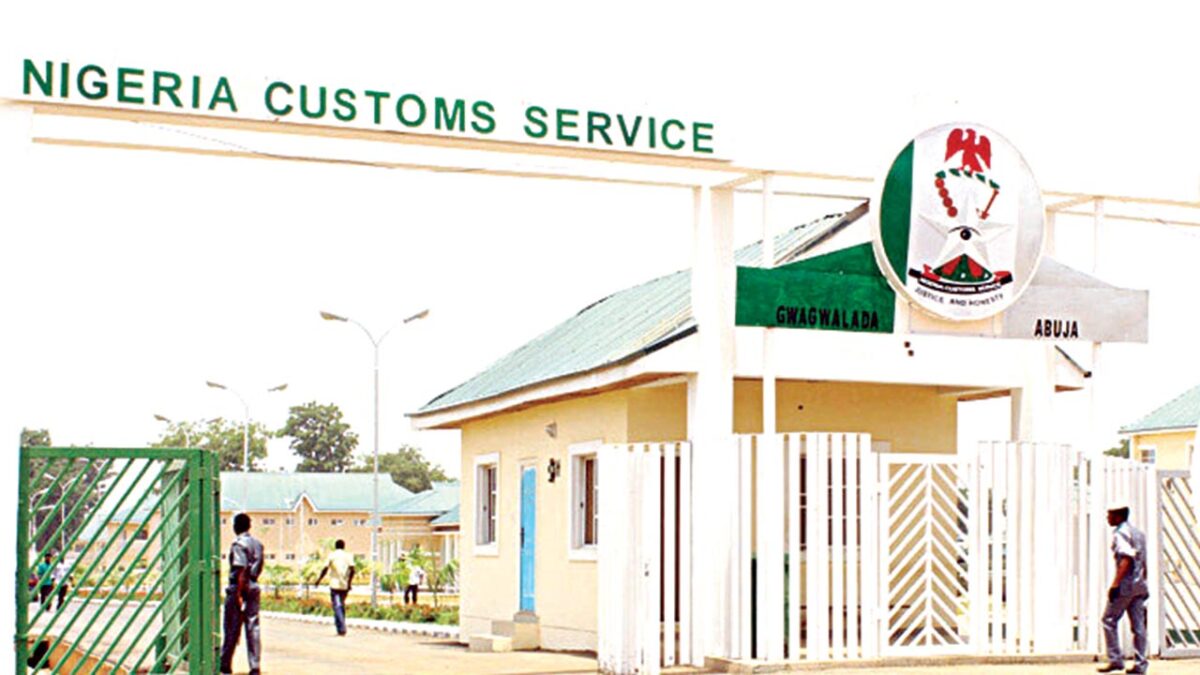
The new Customs and Excise Management Act (CEMA) has imposed stricter penalties for smugglers and means of smuggling, all aimed at discouraging the illicit trade.
Under the revised provisions of the Act, individuals found guilty of knowingly constructing or financing the construction of unauthorized routes, tunnels, or passageways crossing the international border between Nigeria and another country will be subject to a fine of N20 million, imprisonment for a term of 20 years, or both.
Furthermore, the new CEMA stipulates that the importation, exportation, or attempted import/export of stolen vessels, aircraft, or their parts, as well as vehicles or parts with tampered Vehicle Identification Numbers (VINs), will now be punishable by imprisonment for up to two years and fines of up to N2 million.
Our correspondent’s investigation also revealed that the recently enacted CEMA introduced the removal of penalties for incomplete documentation, aiming to alleviate burdens on businesses engaged in international trade.
Under the new legislation, declarants will no longer face penalties for lodging incomplete or inaccurate goods declarations in specific circumstances. These exemptions include cases where the missing information was not available at the time of declaration, inaccuracies were unintentional or immaterial (except for statistical purposes), or the incomplete or inaccurate information does not indicate a pattern of conduct or intent to avoid payment of duties or fees.
The types of incomplete and inaccurate information covered under the CEMA encompass various scenarios, such as transcription errors, arithmetical mistakes, omissions in dutiable value elements, errors in currency conversion, incorrect deductions, tariff declaration errors (with accurate goods descriptions), and typographical discrepancies in the quantity of goods shown in shipping documents.
The reforms also outline limitations on amending goods declarations after specific events occur. Amendments will not be permitted once the NCS intends to examine the goods, has established incorrect information, or has released the goods.
Additionally, the CEMA grants declarants the ability to request the invalidation of a declaration already accepted, provided that the goods are to be immediately placed under another customs procedure, and there are justifiable special circumstances. However, such requests cannot be accepted before the goods undergo examination by the NCS and are not permitted after the goods have been released.
The CEMA further states that declarants must possess the necessary Customs mandate to operate within the customs territory. The Act specifies that when multiple individuals share responsibility for fulfilling obligations, the performance by any one of them is considered the performance by all, and joint and several liability applies for payments, duties, fees, assessments, or penalties.
Among other provisions, the new CEMA also grants the NCS the authority to verify the accuracy of goods declarations. This includes examining declarations and supporting documents, requesting additional information, inspecting goods, and taking samples for analysis or detailed examination. The costs associated with transportation and handling for examination or sample taking are borne by the declarant. Unless related to an offence or random check, the declarant or their representative must be present or represented during the examination or sample taking to assist the NCS.
Furthermore, the CEMA stipulates a fine of N20 million for an owner or occupier of a building who uses the building or permits it to be used for the deposit of goods for warehousing purposes without a valid license issued by the NCS.















